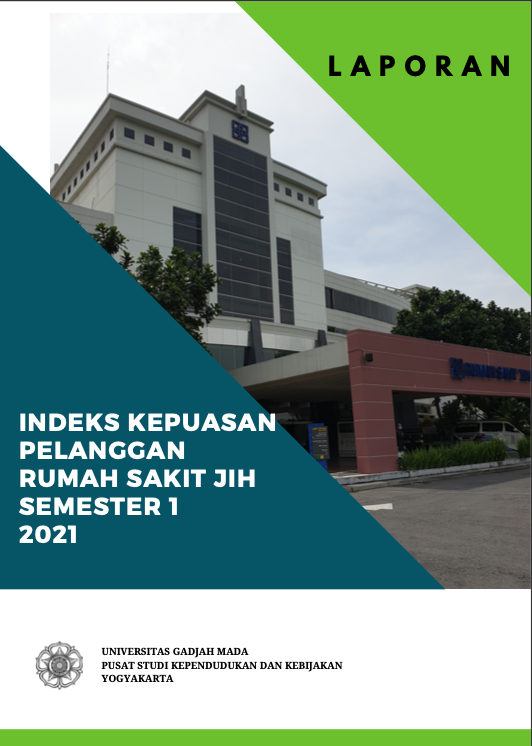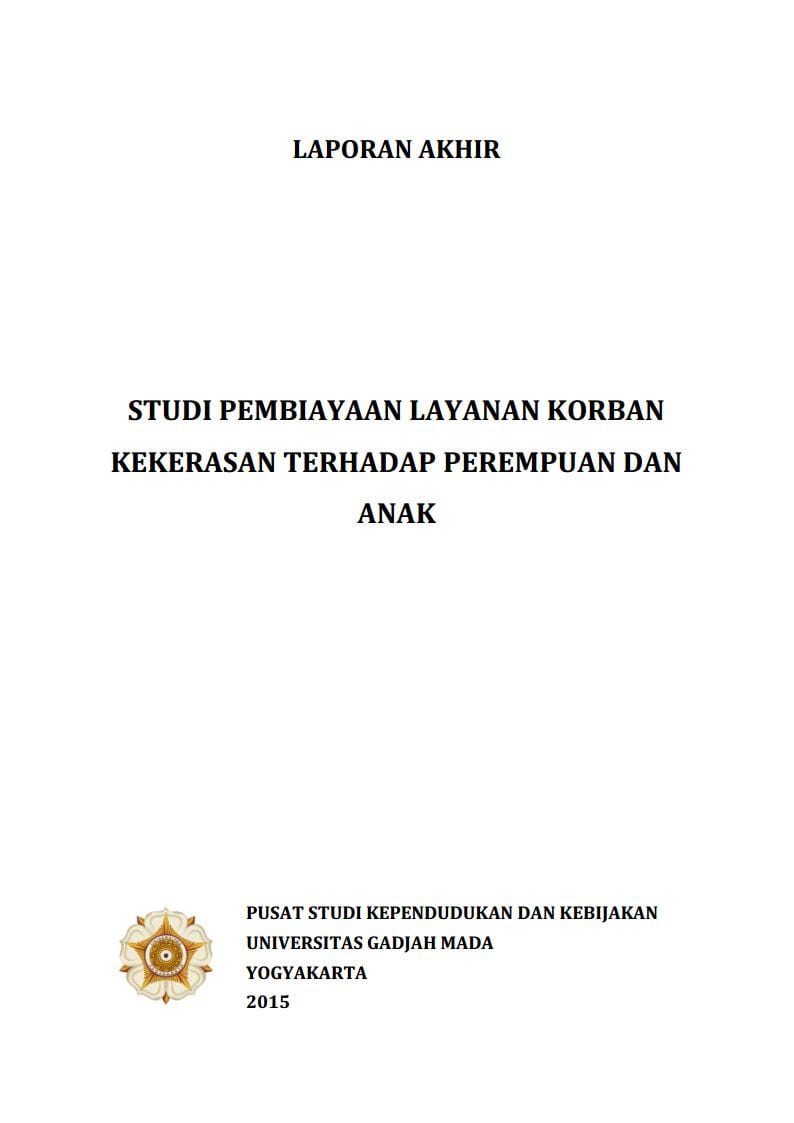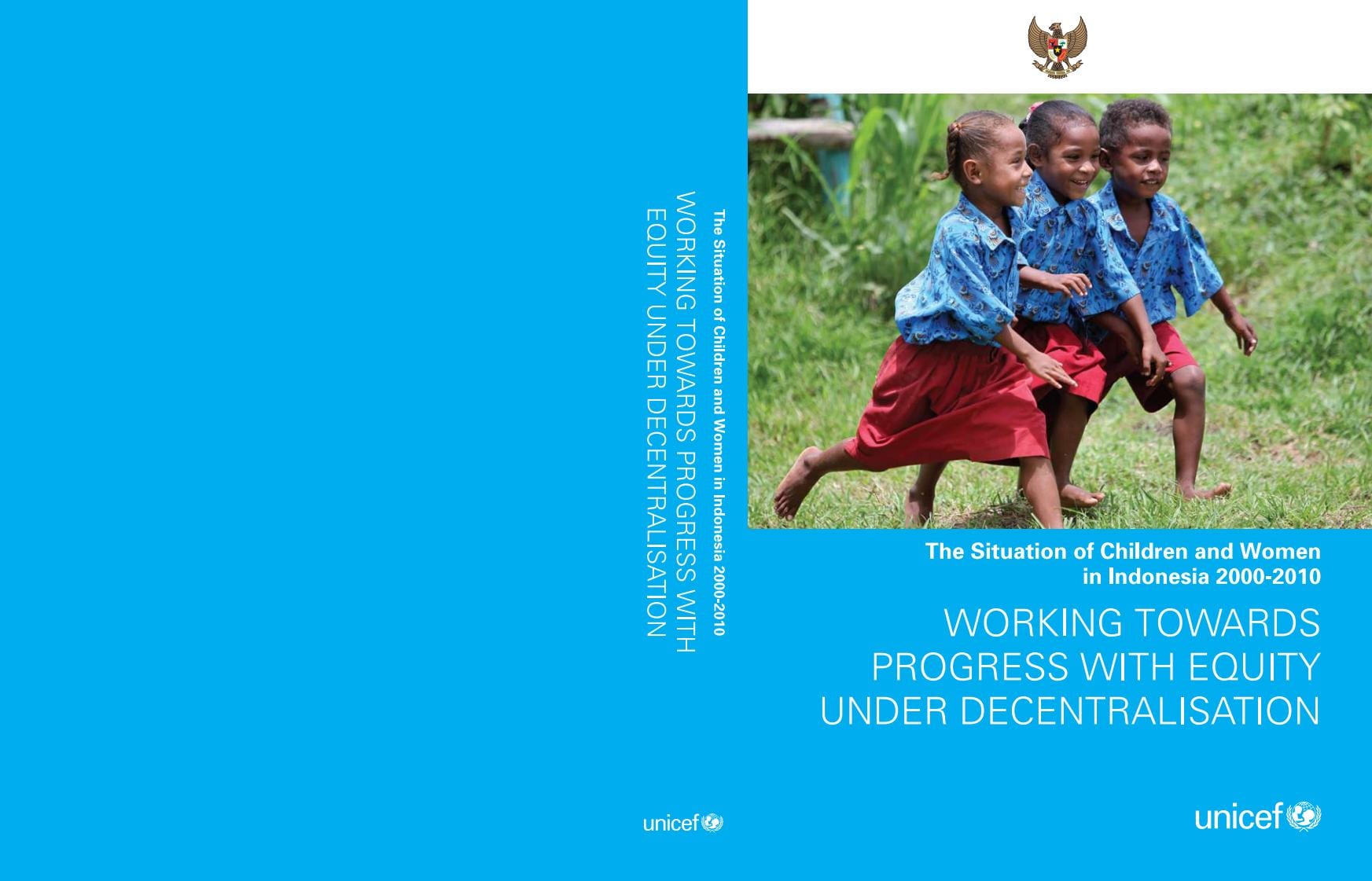Menggagas Tempat Aman Bagi Perempuan Kasus Sumatera Utara
|
Violence against women has become an important phenomenon in North Sumatra as a consequence of the social system and structure, which favors men. The position of a woman in the Batak society for example is influenced by the marga, a lineage system, which follows the descendants of the father. A daughter is not considered a successor to traditions; hence her lineage is thought to descend from either her father or her husband. Such a state of customs forms an important foundation in formulating women rights and responsibilities in North Sumatra. The heterogeneity character of urban areas imply that the violence that is rampant is caused partly by endeavors to compete which degenerate into acts of violence. Sexual violence tends to be more prevalent in urban areas, while rural areas are fraught with mainly physical violence.
This study discloses the complexity of the issue of violence, which is not handled, as it should be in North Sumatra, which at the same time shows the indifference of the society to the problem of violence and empowerment of women. Prominent figures from various sections of society showed ample sensitivity to the issue of violence against women, which ranged from average to high. Yet average sensitivity of prominent figures was not reflected in the decrease in the intensity of violence committed against women. This problem is also attributed to the immense diversity of people living in North Sumatra, which implies that society lacks a strong converging point for all in affairs pertaining to social order.
Handling cases involving violence against women is not done through legal channels, as is generally the case in other rural areas. The family becomes the focal point for resolving problems caused by violence, especially rape. A small section of the population seeks the involvement of NGOs in resolving cases of violence against women. Handling the problem of violence against women through courts is unpopular for two reasons. Firstly, there is a cultural and psychological obstacle in dealing with legal institutions. For the North Sumatra society, actions of violence suffered by a women, are considered clan issues (to be resolved by clan members), which has the implication to be taken to legal channels, would turn what hitherto was a clan problem into a public one, something considered very damaging to the clan. This has the effect of damaging the dignity and integrity of the entire clan, which is why all efforts are made to cover up such cases. Secondly, the negative image of law enforcement agencies in public eyes, which is from the experience that law institutions do not perform according to their expectations. It is therefore considered a waste of energy and money, if one takes legal channels as it is felt that such channels do not provide justice as is demanded by the population.
Institutions other than law enforcement agencies, such as NGOs have become alternatives used by victims of violence. The presence of NGOs has become a bridgehead in attempts to resolve the problem of people’s accessibility to legal channels as NGOs handle cases of violence against women through such channels. It is felt that through such NGOs women empowerment in term of law will be achieved. This article will discuss the ways in which violence against women are handled in North Sumatra, through legal and non-legal channels, with apt consideration of the special characteristics of heterogeneity reflected in social and cultural aspects.
Key word: Violence, Society, Institutions, NGOs.




